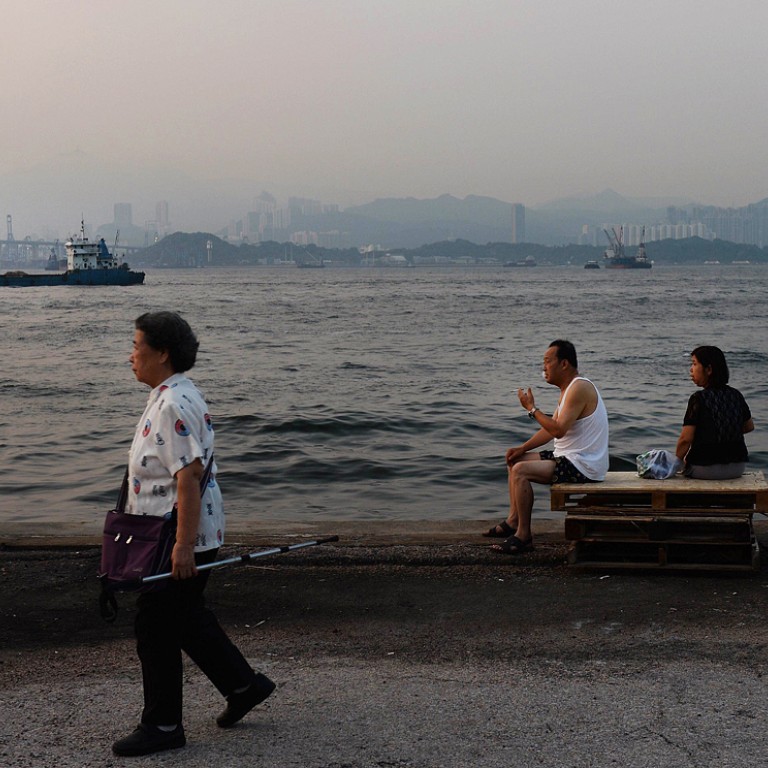
Beijing and Hong Kong should understand each other's fears
Ronald Ng says the two should look at recent history to foster mutual understanding and promote political compromise
For years while Hong Kong was under British rule, the populace never demanded democracy in the form of "one man, one vote". People just got on with their lives, making money and raising their families. But today many Hongkongers are pressing for universal suffrage.
Some of my Singaporean friends cannot understand the change in priorities. I would not be surprised if China wonders about the same. Some blame foreign interference. Recent revelations of founder Jimmy Lai Chee-ying's donation of several million dollars to the pan-democratic cause immediately drew remarks, without proof, that he must have been funded by overseas forces interested in fomenting trouble for China.
This is where a look at recent history might help. China has to remember that the majority of the people in Hong Kong are either refugees who fled the mainland to come to Hong Kong in the 1950s, '60s and '70s or their children. They experienced hardship, doctrinaire communist ideology, loss of personal freedom and danger to their lives during those years, and sought shelter under the British flag. Is it not understandable, then, that the question of democracy under the British was never raised?
I remember as a child living on Nathan Road, and every year on April 21, on the British Queen's birthday, there would be a military parade down Nathan Road to celebrate. One year, the maid who was looking after me, who was a refugee from the mainland, remarked that the soldiers would protect us from China. Her words summed up the feelings of many such refugees in Hong Kong.
If Beijing can remember that bit of history about Hong Kong, can it not understand the mood of Hong Kong now, and why people want democracy? It is their perceived way of protecting their way of life.
On the other hand, Beijing's fear of foreign interference is also understandable. This is where perhaps Hong Kong can learn from Singapore. In Singapore, it is illegal for any political parties to receive funding from overseas. In the same vein, no non-citizens, including permanent residents of Singapore, can participate in Singapore politics. If Hong Kong enacts similar laws, will it make Beijing feel more secure?
For the Hong Kong democrats, perhaps they could learn from Finland. Before the collapse of the Soviet Union, the relationship between Finland and the USSR was very delicate. Though Finland was an independent sovereign state, it was very careful not to enact any policy that might anger the USSR and make it feel its interests had been undermined.
Hong Kong is not an independent sovereign state, but the "one country, two systems" policy means Hong Kong has a lot of autonomy in enacting its own policies. Surely, the democrats could learn from Finland and not deliberately provoke Beijing.
Politics is about compromise. Mainland China must understand why the Hong Kong people mistrust it. Hong Kong must understand that it serves no purpose to provoke Beijing. Perhaps, then, Hong Kong can go back to focusing on what it does best - allowing people to make money and raise their families.

